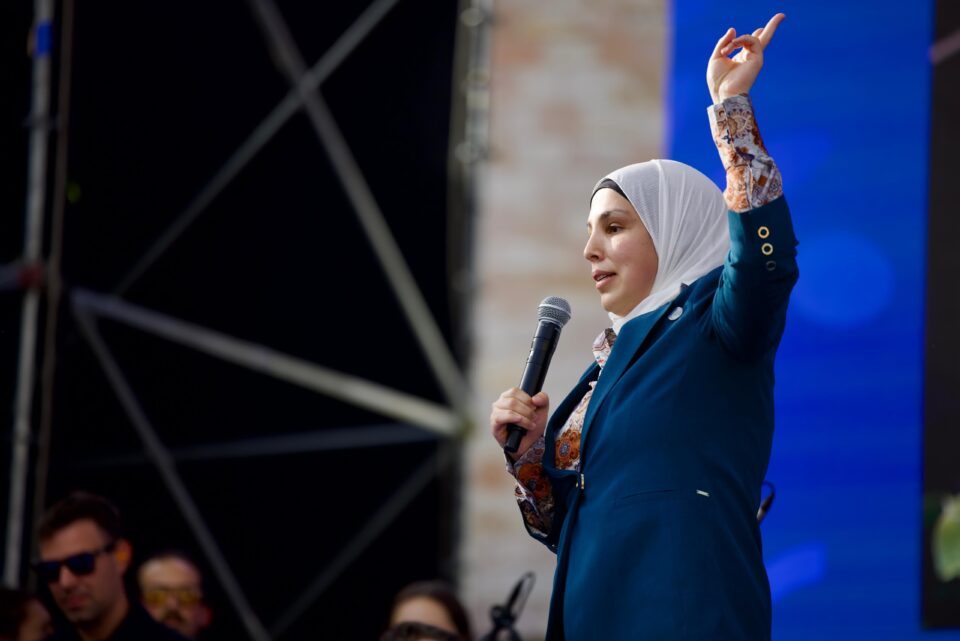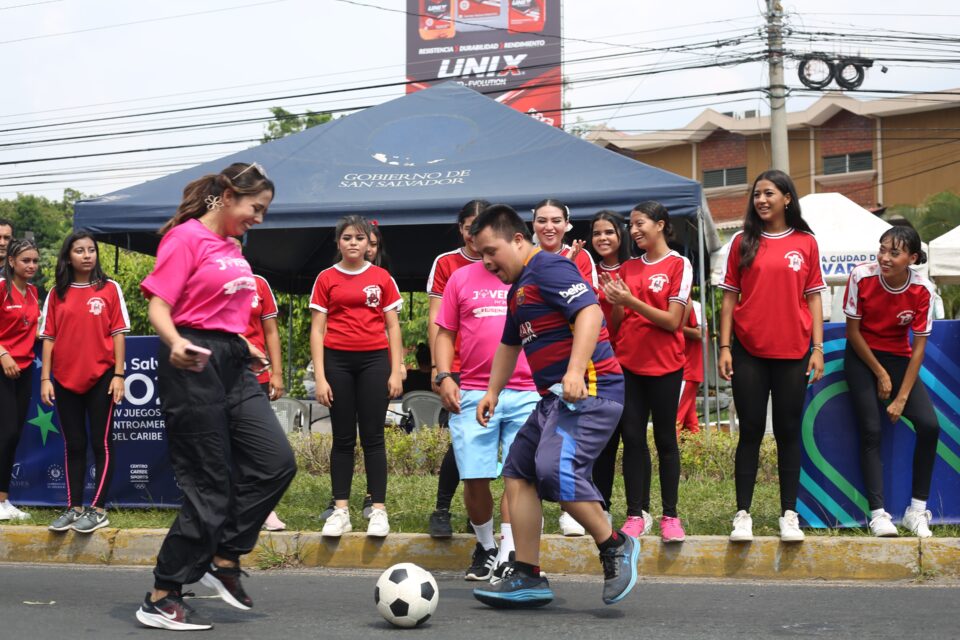A recent survey from the Special Olympics Global Center for Inclusion in Education shows that while a majority of students with an intellectual and developmental disability (IDD) and their parents view AI as a potentially transformative technology, only 35% of educators believe that AI developers currently account for the needs and priorities of students with IDD.
In this episode of the NVIDIA AI Podcast, U.S. Special Advisor on International Disability Rights at the U.S. Department of State Sara Minkara and Timothy Shriver, chairman of the board of Special Olympics, discuss AI’s potential to enhance inclusive education and disability inclusion.

They highlight the critical need to include the voices from disability communities in AI development and policy conversations. Minkara and Shriver also explain the cultural, financial and social importance of building an inclusive future. Listen to the podcast below, or read the transcript.
Time Stamps
2:12: Minkara and Shriver’s work on disability inclusion
9:47: Benefits of AI for people with disabilities
20:46: Notes from the recent G7 ministerial meeting on inclusion and disability
24:51: Challenges and future directions of AI in disability inclusion

You Might Also Like…
Taking AI to School: A Conversation With MIT’s Anant Agarwal – Ep. 197
Educators and technologists alike have long been excited about AI’s potential to transform teaching and learning. Anant Agarwal, founder of edX and chief platform officer at 2U, talked about the future of online education and how AI is revolutionizing the learning experience.
NVIDIA’s Louis Stewart on How AI Is Shaping Workforce Development – Ep. 237
Workforce development is central to ensuring the changes brought by AI benefit all of us. Louis Stewart, head of strategic initiatives for NVIDIA’s global developer ecosystem, explains what workforce development looks like in the age of AI, and why it all starts with education.
Dotlumen CEO Cornel Amariei on Assistive Technology for the Visually Impaired – Ep. 217
Equipped with sensors and powered by AI, Dotlumen Glasses compute a safely walkable path for persons who are blind or have low vision, and offer haptic — or tactile — feedback on how to proceed via corresponding vibrations. Dotlumen founder and CEO Cornel Amariei discusses the challenges and breakthroughs of developing assistive technology.
How the Ohio Supercomputer Center Drives the Future of Computing – Ep. 213
Alan Chalker, director of strategic programs at the Ohio Supercomputing Center, dives into the history and evolution of the OSC, how it’s working with client companies like NASCAR, and how the center’s Open OnDemand program empowers Ohio higher education institutions and industries with computational services and training and educational programs.
